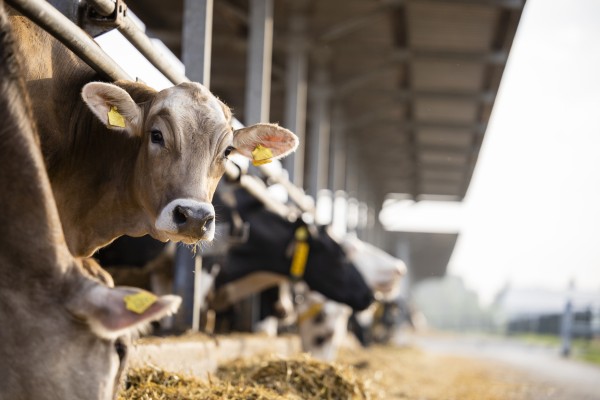Public health experts are issuing a call to action for New Zealand to strengthen its pandemic preparedness efforts in response to the evolving threat posed by the Influenza A(H5N1) virus. This strain of what is commonly known as ‘bird flu’ has sparked concerns globally as it continues to adapt and infect new hosts, including recent cases in cattle.
While the virus has not yet achieved human-to-human transmission, its ability to infect a broader range of animals raises alarms for potential future mutations. This development underscores the urgent need for New Zealand to review and enhance its pandemic response strategies, say the authors of a new Briefing from the Public Health Communication Centre.
At the forefront of their recommendations is the immediate update of the national pandemic plan to incorporate key learnings from past responses. Effective public health and social measures, and timely access to testing, vaccines, antivirals, and infection prevention equipment like respirator grade masks are critical components of preparedness.
Public Health Professor Michael Baker from the University of Otago, Wellington, says now is the time for us to be reviewing and testing our defences.
“We need to make sure our pandemic preparedness is up to scratch and ready for emerging threats such as H5N1. Careful reviewing of our pandemic plan, as well as cross-agency practice exercises will give us a better chance of preventing and minimising the impact of pandemics in Aotearoa.”
US-based co-author Professor Richard Webby is Director of the WHO Collaborating Centre for Studies on the Ecology of Influenza in Animals and Birds, based in Memphis, and at the centre of efforts to track this emerging outbreak.
“Based on what we know, the virus currently poses a low but increasing risk to human health,” he says.
“The infection of cows increases the exposure of humans to the virus and also provides an opportunity for the virus to evolve through replication in a mammal host. The recent case of infection in a dairy farm worker was the first time we have documented the virus jumping from a mammal to a human so that is a warning sign that this virus is continuing to evolve.”
The authors stress the importance of adopting ‘One Health’ approaches to mitigate the risk of influenza emergence and spread across various populations, including poultry, livestock, wildlife, and humans. Improving surveillance and early detection systems is central to identifying and swiftly responding to potential outbreaks.
New Zealand is well placed to strengthen its science capabilities and pandemic plans to manage the full spectrum of pandemic threats.
“We need to use this opportunity now as we never know the timing of the next pandemic” says Professor Baker
“These capabilities are a good investment as they also help New Zealand prevent and manage the infections we already have, which is a further benefit” he says.

